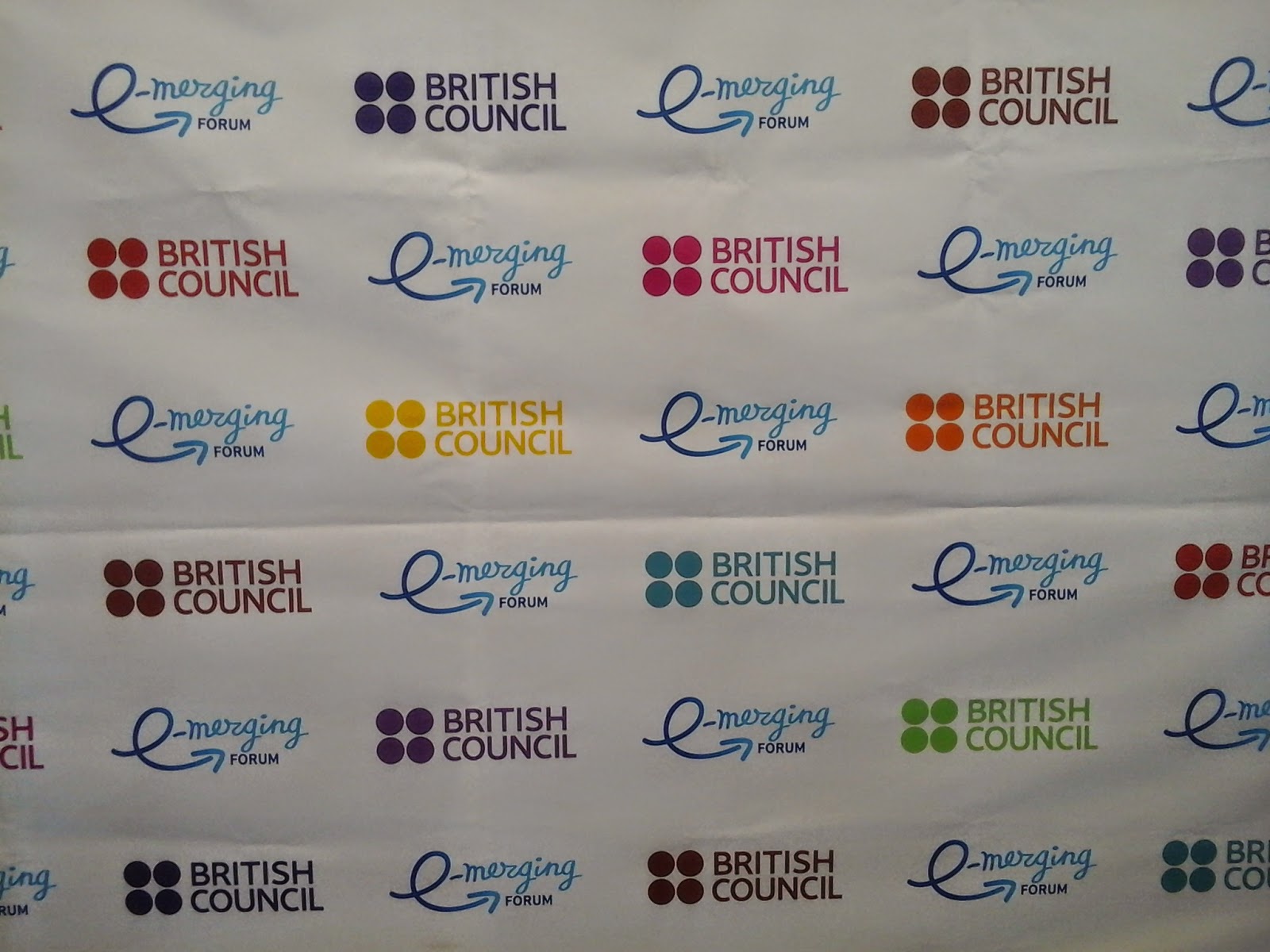Catherine's talk started with the overview of popular grammar teaching approaches and their merits and drawbacks. She pointed out that many of them neglect explicit grammar teaching (e.g. immersion). However, there are many definite advantages of this method: it is straightforward, it helps to notice language features and gives negative feedback (things that don't happen in the language ). There is also enough evidence to conclude that explicit grammar teaching does work (Norris&Ortega 2000; Gass&Selinker 2000). The research found that it leads both to conscious and unconscious acquisition and has a lasting effect.
Some people think that the best way to introduce grammar is when the need for it comes from a student. We can also create a situation for it artificially. On the other hand, in the class setting it can be difficult to satisfy all the different needs different students have. It can also be challenging for the teacher to come up with the perfect explanation for a grammar point on the spot.
Catherine also shared her understanding of 3E system necessary for successful explicit grammar teaching.
1. Explanation (or rules) could be of different types. One - such as street signs and notices- are exposed by an authority. The other such as facts of nature are a result of observation of natural linguistic processes. The latter is the most desired one for teaching grammar. There are 6 criteria a teacher have to bear in mind while presenting a rule (both deductively and inductively). It should
□be true
□demarcate (should clearly show the limits of the use of a given form).
□be clear
□ be simple
□be conceptually economical (do not contain new and difficult concepts)
□ be relevant
2. EXAMPLES should be
☆prototypical
☆naturally sounding
☆ not contain irrelevant difficulties
☆there should be enough of them
3. EXERCISES give students opportunity to develop fluency
In the question of pronunciation, Katherine considers receptive skills to be more important than productive skills (for most learners). She also sees a strong link between grammar and pronunciation. Schwa is the most common sound in English language, it is often found in grammar words. So a teacher can incorporate pronunciation teaching (in form of decoding activities) into regular grammar lesson




